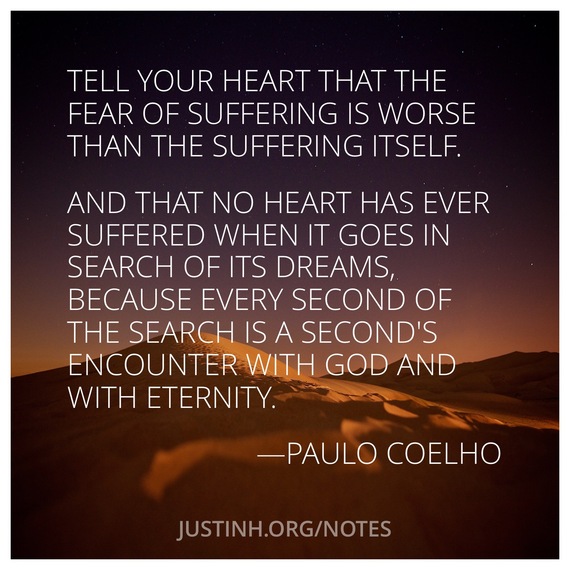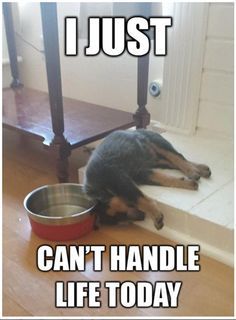In early 2012, "self care" for me consisted of sporadic pockets of time in which I was doing something -- anything -- to curb the consistent feeling of stress and overwhelm from my work -- community organizing.
Even my long-awaited vacation to go traveling through Costa Rica, instead of being about adventure, or about fun, became an effort to "unplug and recharge" -- just to get back on my feet. Part of a hopeful, and not-so-successful, self care plan.
"THERE MUST BE ANOTHER WAY," I thought.

Self care means a lot of different things to a lot of different people, but what I've discovered in my work as a Certified Life and Leadership Coach is that:
- We know self care is important, and,
We struggle with self care. We want to practice better self care. We want to do more of it. We don't think we have the time for it.
This article sets out a radical approach to self care. Radical, meaning back to the root.
I'll share what I've learned as a coach about how to approach taking care of your mind and body in a way that that doesn't just get you back up on your feet.
It keeps you fueled and focused, and even has the potential to inspire others just the same.
Below you'll learn:
1) Why We Get Worn Out
2) A More Powerful, Radical Approach
3) What To Do When Things Are Rough
And more. Onward...
I think we intuitively know that self care should be something that lifts us up. That refuels us.
But that's a far cry from how some of us experience it.
"Self care" in some ways has become a knee-jerk reaction to a pandemic of overworking ourselves -- running ourselves on edge, all the time, 24/7.
Instead of refueling us to live our life's purpose, "self care" happens like a gasp, punctuating an otherwise interminable stream of work.
Keep breathing. If this is you, I promise there's hope.
Consider with me that there are two types of self care:
- Self care to move away from something, or to get relief. These are the things we do to de-stress, to decompress, to handle overwhelm, to curb busyness. They tend to be a reaction to something that happened or something we're feeling.
What wears us out when it comes to self care is when we spend most of our time and energy doing Type 1. We're trying to minimize stress, or curb busyness. We're trying to overwork less. Or we're just trying to not be so exhausted.
Because when we're doing that, all our energy is still going toward our stress, our busyness, our overwork and our exhaustion.
Meanwhile, our goals and dreams aren't getting much attention. The things that warm our heart are put on the back burner.
That's a recipe for getting worn out.
Never fear. There's something you can do about it, and it might be easier than you think.
I'm going to invite you to do a strange and shocking thing:
For the next 30 days, give up permission to use the word "stressed" with yourself or others.
Instead, talk about what you love. Talk about something you would love to do. This would be Type 2 self care.
What's important is to see how much the mind wants to focus on what's not working -- what's stressing us out, what's hard, what's overwhelming, what's in our way.
Psychologists call this the "negativity bias" -- our brain's natural tendency to focus on the negative.
(Incidentally, has it ever happened to you that you've gotten 14 pieces of very positive feedback, and one piece of negative feedback? What does your mind instantly focus on?)
When we see how natural it is for the mind to focus on what's not working, the question becomes: what am I more interested in focusing on?
A radical approach to self care sees that we weren't put on this planet to manage our stress.
We're here to align our lives with the things we truly love, so that what we're experiencing is satisfaction and fulfillment in what we do. We're here to have goals and dreams, and then go for them. The stress and overwhelm, if they're still there, are off in the background.
To truly care for yourself is to do what lights you up.
This is self care that moves toward something.
It's the heart of self care. It's self care for a life well lived.
To see how I put this kind of self care into action after my "unplug and recharge" Costa Rica trip, check out this post -- especially where I talk about setting a goal to hike the tallest peak in each New England state.
One way to practice this kind of self care is to, 1) Identify one thing in your life you want to be moving toward -- something you'd love to be doing-- and 2) take a next step toward it.
Here's an inventory I created to help with #1 -- to help you clarify your goals and dreams. It takes 5-10 minutes. People love it.
Let's face it: sometimes when we need self care the most is when things aren't going well.
Things are rough. I'm tired. Something's gotta change. I'm getting worn out. I just need a mental health day. Or a tub of Ben and Jerry's. Or 72 hours to binge watch all of Marvel: Agents of Shield.

I hear you.
When things are rough, here are the two most important things you can do:
- Take a small, sweet step forward. Choose something that's important to you (Type #2), and be willing to take one small, sweet step forward. Not a big step. Not an "I've got to get my s#%@ together" step. Not 15 steps. Just one step. Small. Sweet.
Why? Because when we're frustrated or overwhelmed or just not feeling so great, our brain will be looking for what's NOT working -- that's the negativity bias I mentioned earlier.
Taking a small, sweet step forward focuses your brain on something else: what's important to you, and what you're willing to do about it.
Acknowledging yourself helps you appreciate that, and strengthens the neurons that keep us moving forward.
- We get worn out when our self care is all about moving away from something (Type 1). In the end, we just end up focusing more on what we're trying to move away from.
- When our self care is about moving toward something (Type 2), we start experiencing satisfaction and fulfillment. We're putting our energy toward what has meaning for us.
- Our brain's negativity bias makes it easy to focus on what's not working. But we get to choose what's more interesting to us: that, or going for our goals and dreams.
- The heart of self care is when you're doing what lights you up -- and the satisfaction and fulfillment that comes with it.
- Practicing self care ain't always pretty. When times are tough, simply be willing to take the next small, sweet step.
Maybe the most important lesson of all? Don't go it alone.
Shifting how you do things is important, but it's not always easy.
That's why I do what I do as a coach -- partnering with people as they make changes and discover what's next for them.
So whether it's a coach, or a friend or family member, bring them onto your team. It might just make the journey that much sweeter.
Justin Haaheim is a Life and Leadership Coach, working with people who want to make an impact in their communities. Sign up for his weekly email list, and find him on Facebook and Twitter.
-----------
HuffPost's GPS for the Soul app is based on two truths about human beings. First: We all have a centered place of wisdom, harmony and balance within us. Second: We're all going to veer away from that place, again and again and again. What we need is a great course-correcting mechanism -- a GPS for the Soul -- to help us find our way back to that centered place, from which everything is possible.
Because no one knows better than you what helps you de-stress and tap into that place of peace inside yourself, it's important for you to create your very own GPS guide -- a personalized collection of whatever helps you course-correct. Email us at GPS@huffingtonpost.com and we'll set you up with your very own HuffPost blogger account to share your guide on the site. If you're already a blogger, we encourage you to upload your personal guide today. We can't wait to see what you have to share.